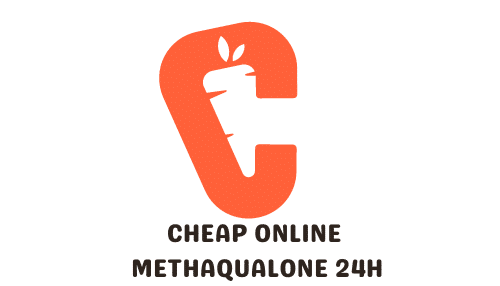The allure of owning a slice of paradise or a cozy mountain retreat is undeniable. Vacation properties can be a source of pleasure and potential profit, but like any investment, they come with their share of risks and responsibilities. To you, the discerning investors seeking a blend of leisure and financial prudence, understanding the advantages and drawbacks of investing in vacation properties is essential.
In this deep dive, we’ll explore the multifaceted world of vacation property investment, taking into account various factors that could influence your decision. Whether you’re dreaming of a beachfront villa or a rustic cabin in the woods, this assessment will help you weigh the potential returns against the inherent risks.
A lire en complément : How to leverage social impact investing in real estate
Potential for Passive Income
Vacation properties can be a lucrative source of passive income if managed correctly. Renting out your property when you are not using it can help cover mortgage payments, property taxes, and maintenance costs. With the right location and marketing strategy, you could even generate a profit.
Location is Key
The golden rule of real estate – location, location, location – holds especially true for vacation properties. A desirable destination can ensure a steady stream of guests and a high rental yield. Consider areas with year-round appeal or those that host festivals, sports events, or have natural attractions.
Sujet a lire : The evolving landscape of urban real estate
Managing Your Property
Property management is crucial to the success of your investment. Hiring a reputable property manager can save you time and hassle but remember to factor in this cost when calculating potential returns. Alternatively, platforms like Airbnb have made it easier for you to self-manage, although this requires effort and availability.
Appreciation in Property Value
Real estate often appreciates over time, and vacation homes are no exception. A well-chosen property in a sought-after location can significantly increase in value, offering you a substantial return on investment when you decide to sell.
Market Research
Before purchasing, conduct thorough market research to identify areas with a history of strong appreciation. Look at market trends and consider the long-term prospects of the region. Are there plans for future development that could enhance the area’s desirability?
Economic Factors
Be mindful of the economy’s influence on property values. In a downturn, vacation properties can be among the first to experience a drop in value, as they are often viewed as luxury items. Conversely, in a booming economy, they could yield high returns.
Flexibility of Use
One of the most enjoyable perks of owning a vacation property is the ability to use it for your own getaways. It can become a family heirloom, a place to create lasting memories, and a personal retreat from the daily grind.
Personal Enjoyment
Balancing personal use with rental availability is key. While it’s tempting to block off peak times for personal use, remember that these periods can also command the highest rental rates. Striking the right balance is essential for maximizing your investment’s potential.
Legal and Tax Considerations
Be aware of legal restrictions or tax implications that may come with renting out your vacation home. Some regions have strict zoning laws or require permits for short-term rentals. Consult with a tax professional to understand the potential tax benefits or liabilities.
Risk of Vacancy
Vacation properties are not immune to the risk of vacancy. There can be off-seasons and market fluctuations that may lead to periods without rental income.
Marketing Your Property
Effective marketing can help mitigate vacancy risks. Utilize online platforms, invest in high-quality photography, and consider working with travel agencies to keep your property booked.
Diversification
Diversifying your investment portfolio can offset the risk of vacancy in your vacation property. If you rely solely on rental income from one property, you may be more financially vulnerable during slow seasons.
Maintenance and Upkeep
Owning a vacation home demands regular maintenance to keep it attractive and functional for guests. Weather, wear and tear, and other factors can increase the cost and effort required to maintain the property.
Budgeting for Repairs
It’s wise to set aside a contingency fund for unexpected repairs and regular upkeep. A well-maintained property can command higher rental rates and reduce the likelihood of costly emergencies.
Local Support
Establishing relationships with local contractors and service providers can be beneficial, especially if you live far from your vacation property. They can be invaluable in addressing issues promptly and preventing minor problems from escalating.
Conclusion
Investing in vacation properties can be both rewarding and challenging. The potential for passive income, appreciation in value, and personal enjoyment are attractive prospects. However, you must also consider the risks of vacancy, the responsibilities of maintenance, and the complexities of property management.
To make a sound investment, research extensively and understand the market. Be prepared for the financial commitments and the need for active involvement, even if you hire a property manager. Remember, every investment carries risk, but with careful planning and foresight, a vacation property can be a valuable addition to your portfolio.
In conclusion, when done right, vacation property investment can be a winning combination of pleasure and profit. Ensure you are well-informed, realistic about the costs involved, and ready to embrace both the joys and the challenges that come with owning a piece of vacation paradise.






